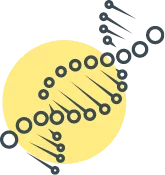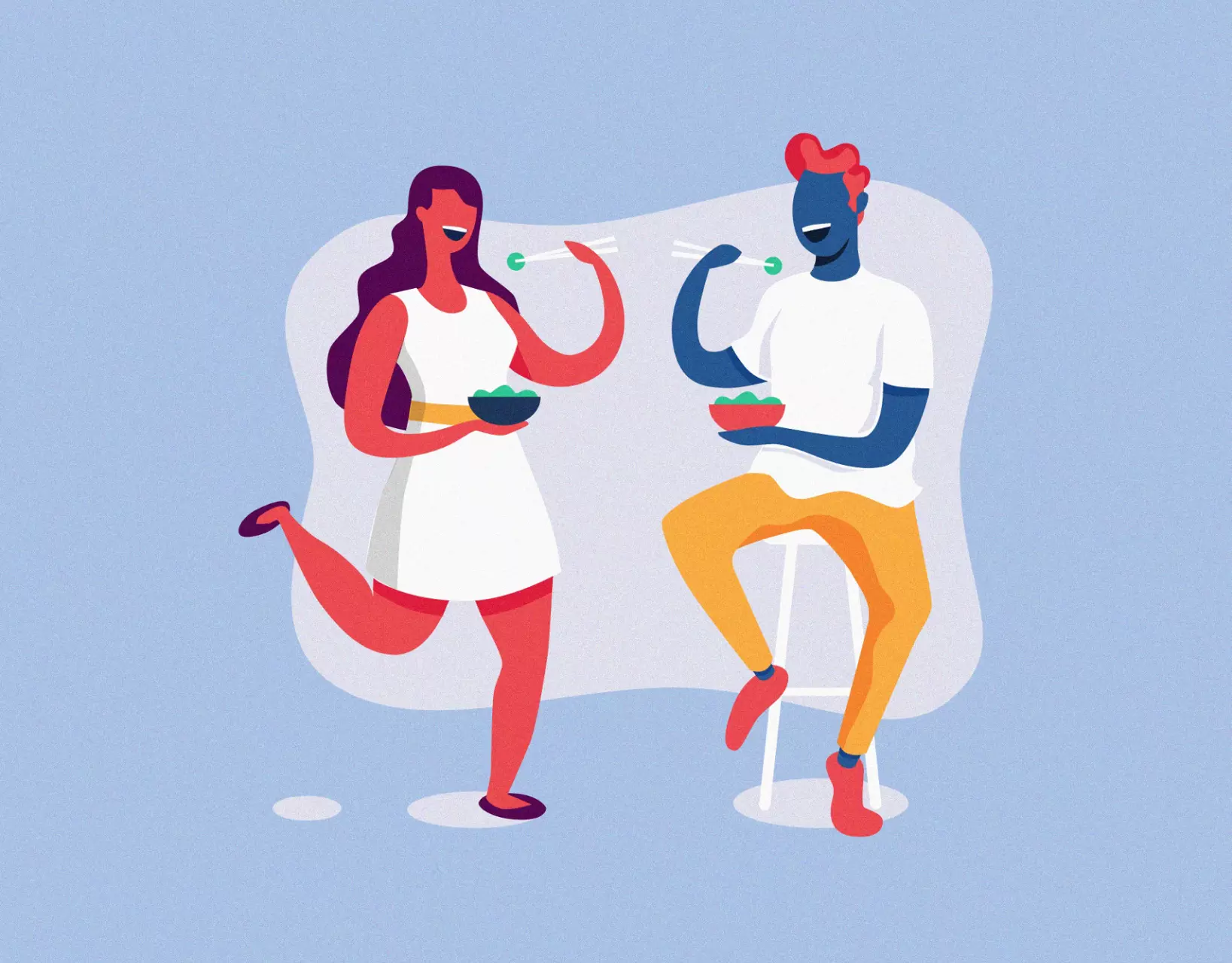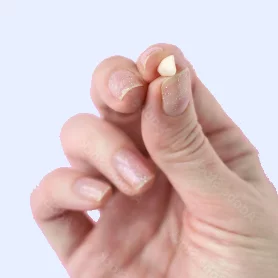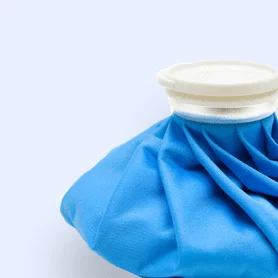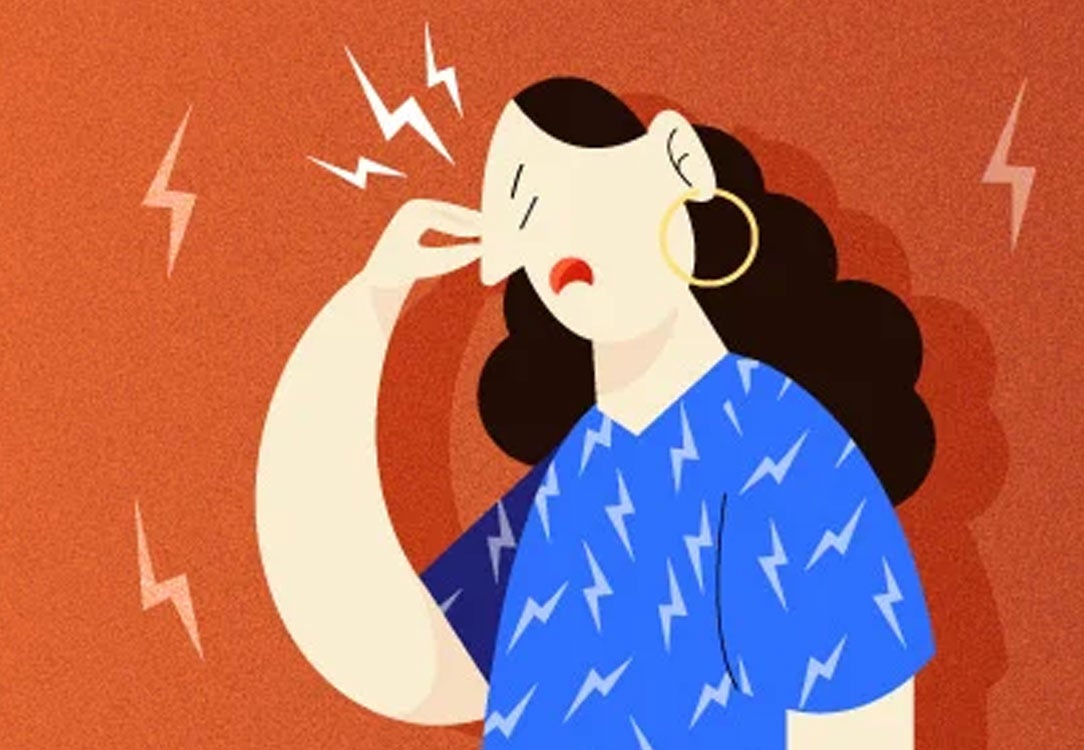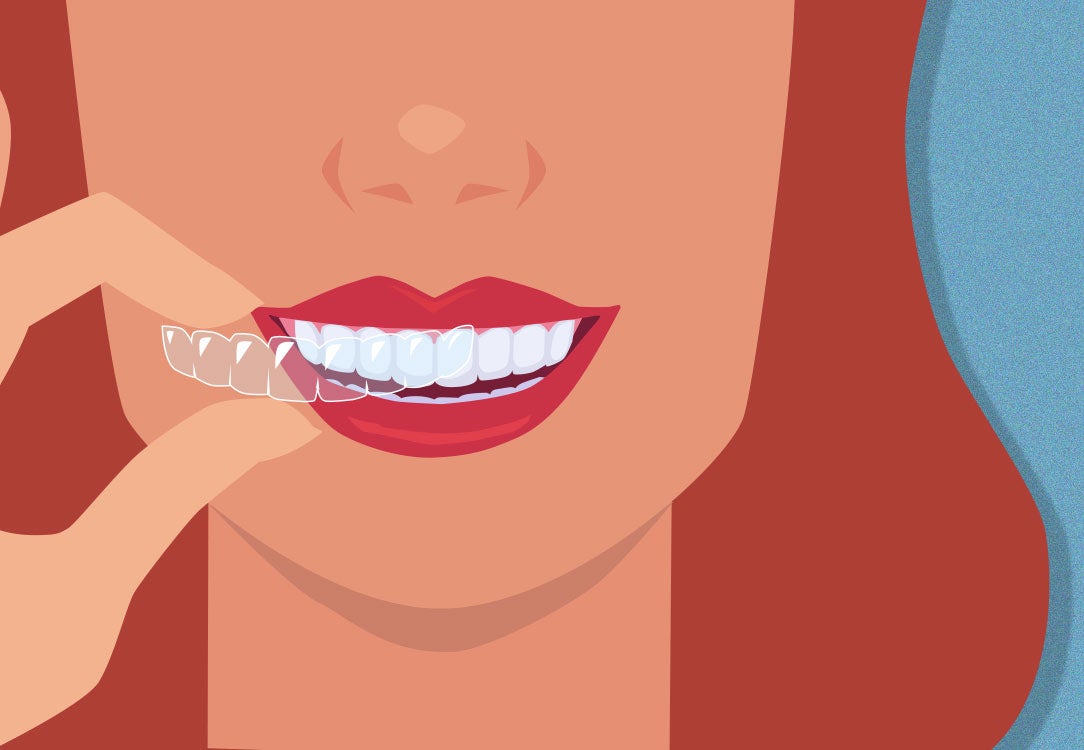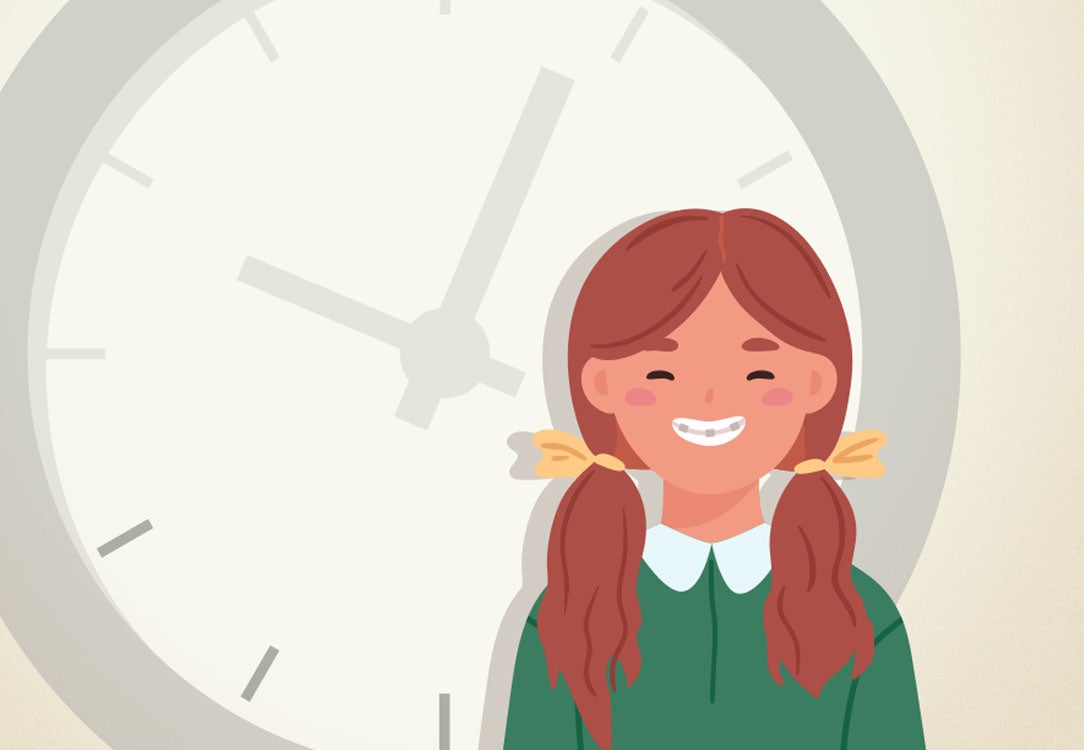An overbite, also known as retrognathia or retrognathic mandible, is when the upper front teeth protrude beyond the lower front teeth. Slight overbites are common and mostly harmless, but a severe overbite increases the risk of tooth decay, gum disease, or jaw discomfort.
What is an Overbite?
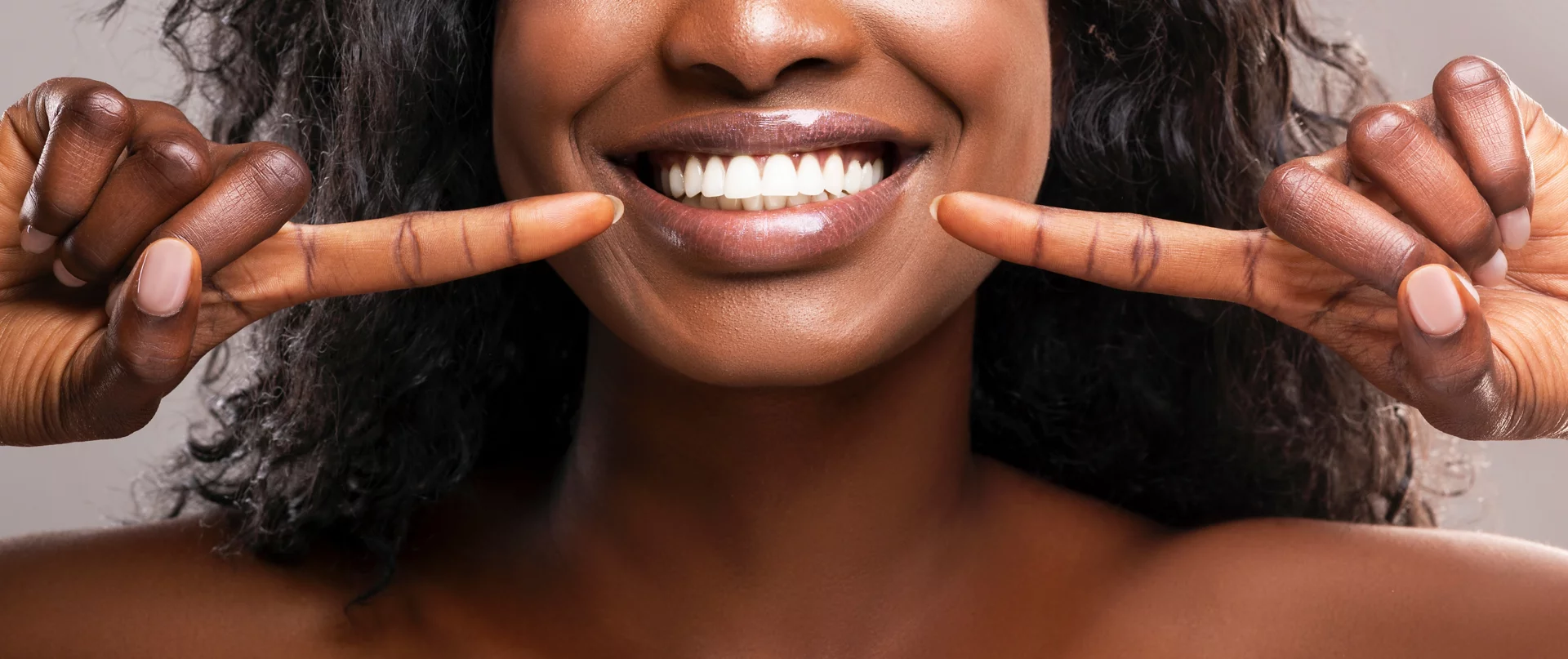
How to Fix an Overbite
Overbite correction starts with good oral health habits. Also, wearing a nightguard at night and a mouthguard during contact sports prevents further injury to teeth that have an overbite. Regular dental check-ups are essential, too.
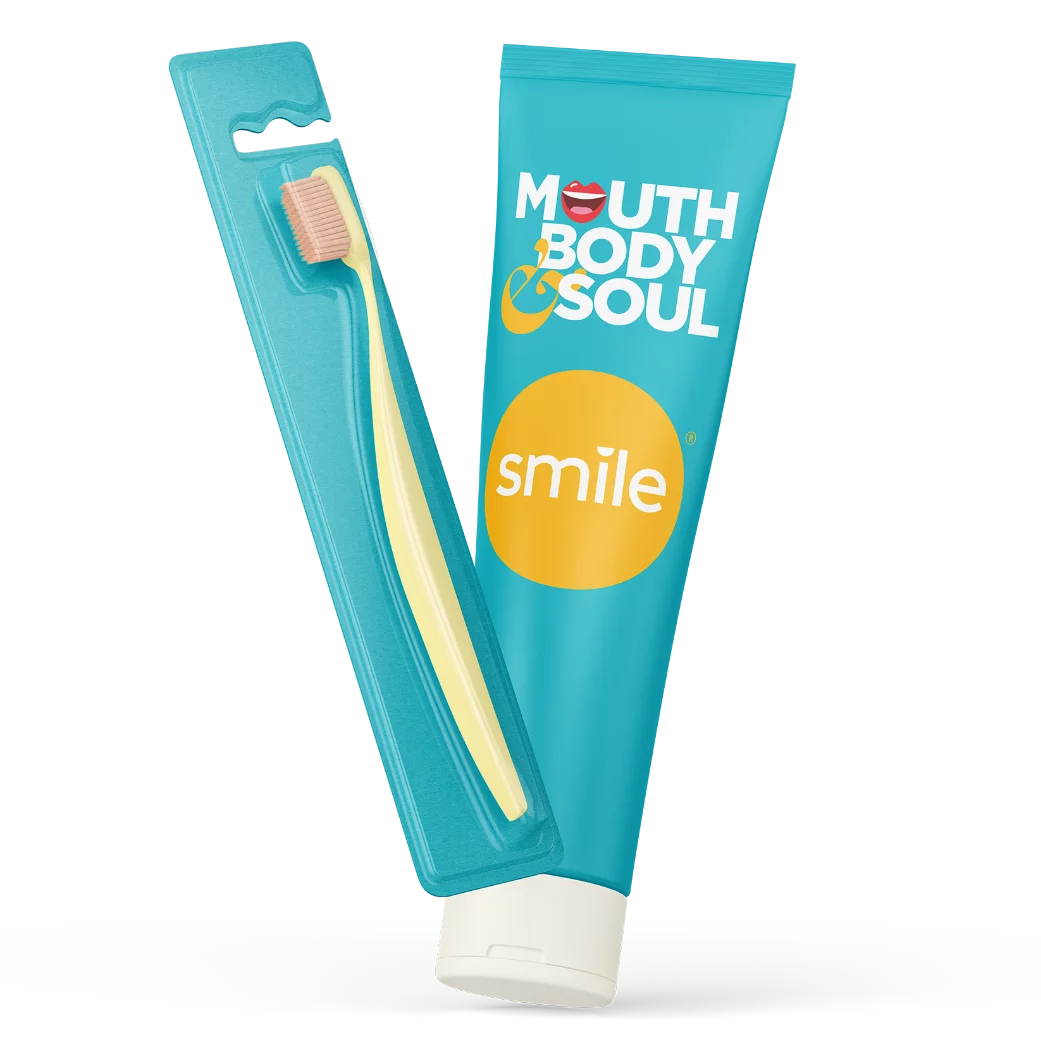
How can we help?
Book an Appointment Today
Transform your smile and improve your oral health at a Smile Generation-trusted office.
Related Posts
Headaches and neck pain can feel debilitating. In some cases, though, the cause resides in your mouth thanks to malocclusion.
What Are Malocclusions?
Malocclusions are a misalignment of the teeth. Mis
Significant advances in cosmetic dentistry have provided multiple options when it comes to getting straight, beautiful teeth; the right option for you is a personal decision that is best made with the
Braces are often considered a rite of passage that happens for most people during early adolescence. Braces can take crooked or crowded teeth and align them for a straight, beautiful smile. While it i


